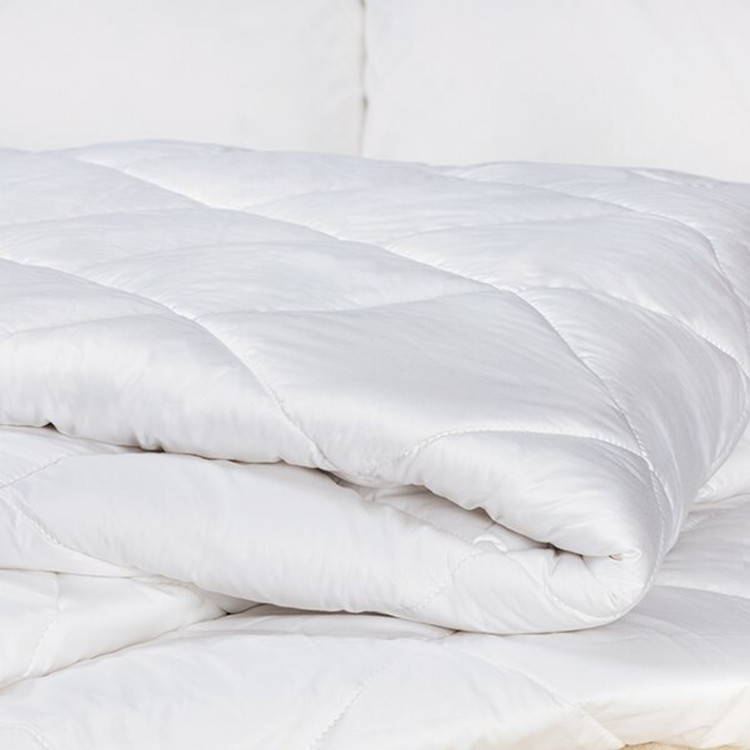How Wool Bedding Relieves Chronic Illness Pains and Aches
26th Oct 2023
Chronic illness pains and aches can disrupt daily routines, making restful sleep even more essential. For many seeking relief, the solution might be in the very fabric of their bedding. Enter wool bedding, a traditional choice with a host of benefits. But how exactly does wool help alleviate these discomforts? Let’s explore.
Understanding Chronic Illness-Related Discomfort
Chronic illnesses, whether they're musculoskeletal conditions like arthritis or systemic ones like fibromyalgia, often come with persistent pain and discomfort. This pain can impact the quality of sleep, which in turn can affect overall wellbeing.
The Science Behind Wool's Comfort
There are inherent attributes in wool that make it beneficial for those experiencing chronic pains:
- Pressure Point Relief: Wool fibres have a natural crimp, providing a cushioned sleep surface. This reduces pressure on sensitive areas, offering relief to tender joints and muscles.
- Temperature Regulation: One of the common complaints with chronic pain sufferers is the difficulty in maintaining an optimal sleep temperature. Wool has an innate ability to regulate temperature, ensuring that the body remains at a comfortable warmth throughout the night.
- Moisture Absorption: Night sweats or general discomfort due to moisture can exacerbate pain. Wool's capability to absorb and release moisture without feeling wet ensures a dry sleep environment.
Wool vs. Other Bedding Materials
To truly grasp wool's effectiveness, a comparison with other materials is valuable.
Wool vs. Polyester: Synthetic materials like polyester might not provide the same breathability as wool. If debating is wool better than polyester? Wool's natural temperature-regulating capabilities give it an edge.
Wool vs. Cotton: Cotton is breathable, but when it comes to moisture management, wool stands out. Its ability to wick away moisture surpasses cotton, providing a drier sleep environment for pain relief.
Benefits of Wool for Skin Sensitivity
Chronic pain often comes with skin sensitivity. Wool, being a natural material, tends to be gentler on the skin. For individuals with conditions like eczema, wool products are good for eczema because of their hypoallergenic properties.
Allergies can also sometimes be a concern with bedding materials. Those with respiratory issues or sensitivities will be pleased to note that wool pillows are good for allergies and asthma.
Optimal Wool Bedding Maintenance
For those looking to make the most of their wool bedding, proper care is essential:
- Cleaning: Mild detergents are best for washing wool bedding, ensuring the removal of allergens and potential irritants.
- Airing: Giving your wool bedding some outdoor time helps in removing trapped moisture and refreshes its natural properties.
- Storage: If you’re switching out bedding, store wool in a dry place to avoid moisture accumulation and maintain its freshness.
Selecting the Best Bedding for Your Needs
Bedding isn't one-size-fits-all. When seeking the best bedding material for your skin and comfort, it's essential to assess individual needs. While wool offers numerous advantages, understanding these benefits in the context of personal health and comfort is paramount.
Chronic illness sufferers often navigate a complex web of solutions to find relief. In this search, wool bedding stands out, offering both comfort and therapeutic benefits. From pressure point relief to temperature regulation, the natural properties of wool can pave the way for restful nights, providing the respite that those with chronic pains so deeply deserve.

